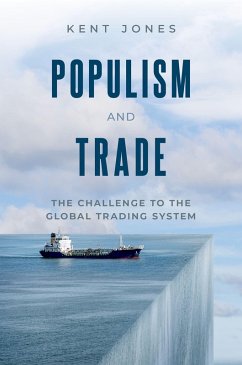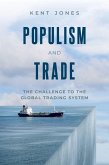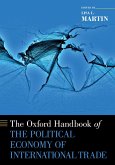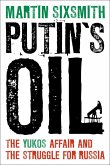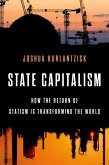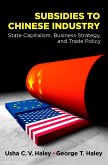Around the world, populism has weaponized anxieties over globalization and other forms of cultural, social, and economic change. Many populist leaders have succeeded in conflating trade concerns with apprehensions over immigration, thereby creating potent campaigns to overturn existing trade agreements and the multilateral cooperation they embody. In the United States, avowed protectionist Donald Trump set out not only to raise tariffs, but to dismantle the system of global trade embodied in the World Trade Organization. In the UK, the Brexit referendum resulted in that country's withdrawal from the European Union, ending its commitment to trade integration with the continent.
Populism and Trade explores the impact of populist regimes on protectionism and the damage they have inflicted on global trade and trade policy institutions. Focusing on the disruption caused by the Trump administration and the Brexit referendum, the book traces the influence of populism on trade policy today. Kent Jones shows how these methods will continue to damage global cooperation--something that is essential when faced with international crises like a deadly pandemic--until the sources of populist anger can be addressed. He argues that economic and institutional reforms, along with better education and adjustment policies, will be necessary to break the populist fever. In an age of global populism, open trade policy has become a victim of anti-globalization and economic nationalism.
Populism and Trade traces the impact of these divisive political tactics to explain the fragile nature of global trade institutions and the steps needed to save them.
Dieser Download kann aus rechtlichen Gründen nur mit Rechnungsadresse in A, B, BG, CY, CZ, D, DK, EW, E, FIN, F, GR, HR, H, IRL, I, LT, L, LR, M, NL, PL, P, R, S, SLO, SK ausgeliefert werden.

